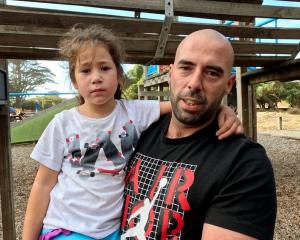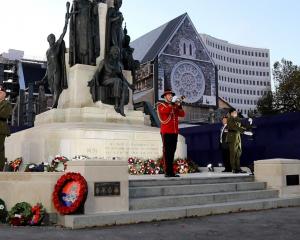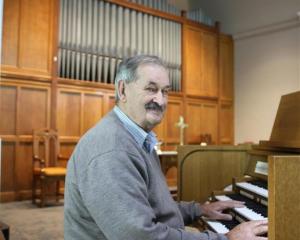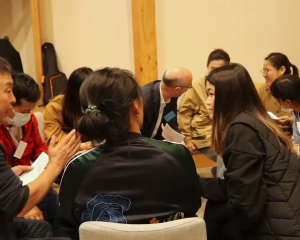Prime Minister Jacinda Ardern started an enormous logistical exercise yesterday when she postponed this year’s general election from September 19 to October 17.
The month delay, the first time an election has been delayed since World War 2, was instigated to allow health officials to attempt to stamp out a community outbreak of Covid-19 in Auckland.
It was accepted by all the main political parties yesterday as inevitable.
However, it has created a major headache for the Electoral Commission, which oversees New Zealand’s elections.
Halls, marae, clubrooms and thousands of other facilities which had been booked for use as polling places now need to be reconfirmed, as does the availability of more than 25,000 staff contracted to deliver a September polling date.
"We need to go back to all those places and make sure they are still available on the new date," a commission spokeswoman said.
"At this stage, it is too soon to say what the effect there is on each region."
The new election date means Parliament, adjourned a fortnight ago, now meets today rather than being dissolved.
Southern MPs were yesterday trying to figure out if they were required back in Wellington, and attempting to redraft campaign plans.
National list MP and Dunedin candidate Michael Woodhouse was not surprised at the postponement.
"At the moment we are treading water a bit in terms of campaign activity and what is appropriate to do.
"Obviously, street corner meetings are out, and I don’t think the public wants candidates knocking on their doors at the moment."
Meet the candidates meetings had been postponed, but organisers would now have to ensure they complied with Covid-19 regulations in terms of recording attendees and social distancing of attendees, Mr Woodhouse said.
"We also have to consider the public’s perception of what
is appropriate.
"We won’t want to alienate the electorate and we need to consider people’s risk tolerance, but the pressure isn’t as high now to get out and about."
New Zealand First list MP and Taieri candidate Mark Patterson said the postponement was sensible and meant all parties could campaign fairly.
"In Taieri there are a lot of new candidates, and it would be a huge disadvantage if we weren’t able to get out and meet as many people as possible."
Like most candidates, Mr Patterson suspended campaigning, but he had been concerned the change of date might mean election signs already set up would need to be pulled down again.
"I think everyone breathed a sigh of relief when the Prime Minister said signs could stay up."
Invercargill Labour list MP Liz Craig welcomed the change of date.
"It gives us plenty of time to campaign, and in the meantime the Government can focus on the health response, which is the most important thing," Dr Craig said.
"It is a big electorate, but I think we have enough time to get out and about."
Ms Ardern said yesterday the decision to move to October 17 was hers alone, but it was one she had made after talking to all party leaders.
"Ultimately, the 17th of October, in approximately nine weeks’ time, provides sufficient time for parties to plan around the range of circumstances we will be campaigning under, for the Electoral Commission to prepare, and for voters to feel assured of a safe, accessible, credible election. "
She would not change the election date again.
Even if another Covid-19 outbreak followed, "we will be sticking with the date we have", she said.
Key dates
- September 6: Parliament dissolves
- September 13: Writ day.
- September 18: Nominations close.
- October 3: Advance voting begins.
- October 17: Election day.













